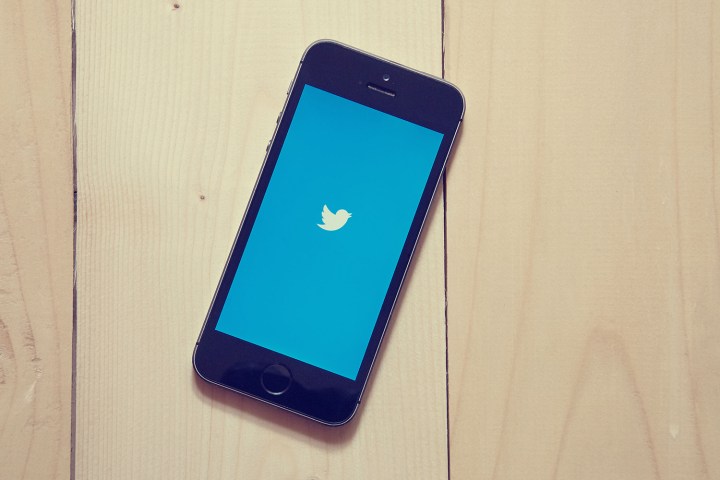
The product — which provided a single interface for tweets and instant messages — was built by Twitter’s Indian engineering team at its office in Bengaluru. The company shelved the app when it shut down its engineering center in the country in September, according to sources familiar with the matter who spoke to BuzzFeed News.
The app was envisioned as a tool to ease new users on to Twitter’s flagship platform. It did this by allowing users to subscribe to groups based around topics such as news, politics, and sports. The people within the groups could chat among themselves, and subscribe to additional accounts, pulling their tweets into the conversation. This kind of functionality is already available in Slack channels, and was tested in Facebook’s now-defunct Rooms app (which itself may be making a comeback, if recent reports are to be believed).
In regard to India, Twitter reportedly believed the already popular instant messaging format was an ideal entry point into the market. Having been labelled a “difficult” product throughout its lifetime, Twitter felt that messaging was a natural place to start with its overseas experiment. However, the app didn’t fare well in testing, with surveys showing negative feedback from college students in the country.
The final nail in the app’s coffin came when Twitter pulled the plug on its engineering operation in Bengaluru earlier this year. The company laid off the center’s staff of 20 employees as part of its larger efforts to reduce costs — just over a month later it cut around 9 percent of its global workforce.
The Indian engineering team was also reportedly working on a low-bandwith version of the platform for emerging markets, dubbed Twitter Lite. We reached out to Twitter for a comment, but did not immediately receive a response.
It’s important to note that Twitter has pushed through a number of updates to its direct messaging function in recent months. In September, it introduced read receipts (a feature traditionally found on instant messaging platforms). It has also ramped up the customer relations side of the function by launching bot-like automated responses and additional plug-ins aimed at brands and businesses.


